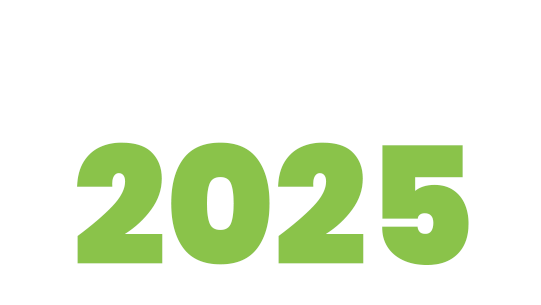
IS05 - Computational Design for Additive Manufacturing
Keywords: computationally efficient AM modeling, generative design, machine learning, microstructure optimization, topology optimization
The large design freedom and the local control of material properties that additive manufacturing (AM) offers are key advantages over conventional manufacturing processes. Moreover, the ability to deposit graded/multi materials or microstructures further widens the design space. To fully exploit these advantages is a complex task, where intuition-based design approaches fall short. To systematically address this challenge, increasing efforts are made to develop AM-oriented computational design approaches that can assist designers. This includes techniques such as topology optimization and generative design, where specific aspects of AM are integrated into the design process through process simulations while keeping it computationally tractable. The latter also brought attention to the utilization of machine learning algorithms to analyse vast amounts of data to rapidly predict the process conditions or speed up design iterations.
This session aims to provide a forum to exchange ideas and the latest developments regarding computational design techniques for AM. The topic is meant in a broad sense and includes contributions focusing on new aspects of:
- Topology optimization / generative design in combination with AM design rules
- Development and integration of computationally efficient physics-based AM process simulations into the computational design process
- Design for spatial distribution of material properties under AM process considerations
- Optimization of support structure layout for AM parts
- Computational design of lattice structures including AM considerations
- AM part orientation optimization
- Deposition sequence or laser trajectory optimization
- Recent advances in machine learning and AI for AM-oriented design and process modelling
- Industrial AM case studies and/or identification of new design and simulation challenges

